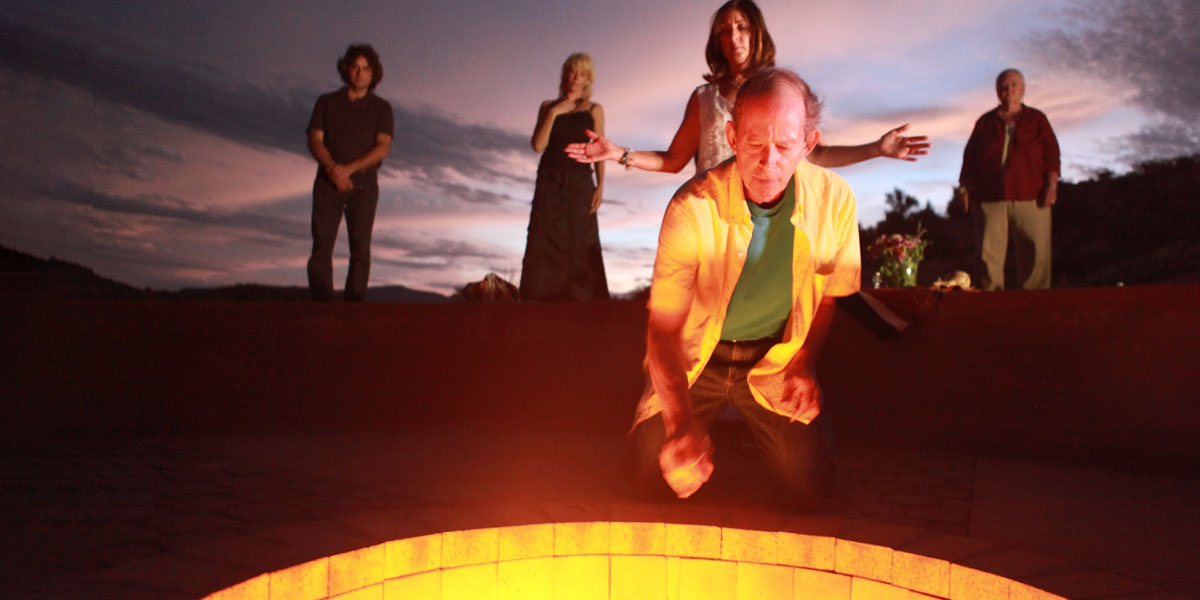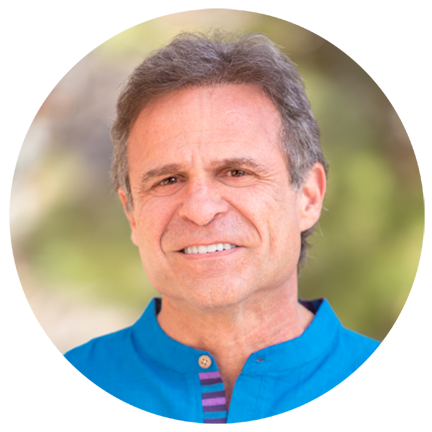Should You Consider Alternative Treatments for Your Anxiety Disorder and Panic Attacks? A million adults in the US struggle with some type of anxiety disorder, making them some of the most common mental health issues in the country. Those with severe anxiety may even suffer from panic attacks – episodes of intense fear that can drastically interfere with their ability to live life normally.
While mainstream medicine largely uses prescription drugs as the treatment of choice, anxiety medications put people at risk of addiction, have a host of unwanted side effects and ultimately don’t cure the anxiety they’re meant to. That’s why a growing number of people are turning to alternative forms of anxiety treatment that safely and sustainably address anxiety at its source.
What is Your Anxiety Trying to Tell You?
As part of our evolutionary makeup, anxiety has its benefits. It’s designed to protect us physically from life-threatening situations – and in the modern world, it protects us emotionally from issues we’re not ready to face. It may be a warning sign that some part of your life isn’t serving you, or provide motivation to overcome challenges and change your circumstances. Often, those with leadership qualities have anxiety: it helps them think through potential situations, solve problems and make thoughtful decisions. Empaths often experience high levels of anxiety, and this allows them to sympathize more with others’ challenges.
But over time, if it’s not processed properly, anxiety itself can become the central issue. Thankfully, growing scientific evidence supports what Eastern traditions have known for centuries: that relaxation techniques, meditation, yoga and acupuncture and other integrative health practices can effectively manage anxiety disorders.
Physiological Causes of Anxiety
We experience anxiety because as humans, we’re wired for it. Our stress response is designed to kick into high gear in emergency situations. The problem is, many situations in modern society are stressful but not necessarily life-threatening, and our fight-or-flight mechanism is constantly being excessively activated. This prolonged state of hypervigilance not only carries long-term health risks, but prevents us from being able to fully live life.
Energetic Causes of Anxiety
Anxiety also has a variety of less obvious causes. People who are highly sensitive to others’ energy might constantly pick up on the emotions of those around them, making them more socially anxious as they feel overstimulated in group settings. Those who tend to get caught in future thinking might often feel stuck in a state of worry, fear and control. Anxiety can also be experienced as a byproduct of spiritual growth, as old frameworks are shed and major energetic shifts take hold. These types of anxiety can be addressed via spiritual healing techniques like cleansing and grounding rituals, meditation, mantras, affirmations and learning to use your intuition and spiritual gifts.
Anxiety Can Teach You About Your Life – Are You Willing to Learn?
Anxiety can have a number of unseen causes that need to be treated holistically in order to truly be able to move beyond it. By surrendering to the process of your spiritual journey, you create an opportunity to emerge into a new level of self-understanding.
Here at The Sanctuary, we’re prepared to guide you. We offer a well-rounded selection of healing therapies like nutrition, bodywork, acupuncture, herbalism, Energy Medicine, Functional Medicine, psychology, and psychiatry to help you make a radical transformation.
Call us at (877) 710-3385 or email us at [email protected] to learn how we can help you understand, manage and move past your anxiety so you can start living out your fullest potential.
He is the Founder, Administrator, Counselor at the Sanctuary at Sedona. He has a BA in Political Science and is currently Senior teaching staff at Four Winds Society, an international school of energy medicine. His credentials also include being an Ordained Minister; a Certified Shamanic Breathwork® Facilitator; a Founding Member Society for Shamanic Practitioners; a Member of Association for Comprehensive Energy Psychology; a Member of the National Institute for Holistic Addiction Studies. [email protected]


